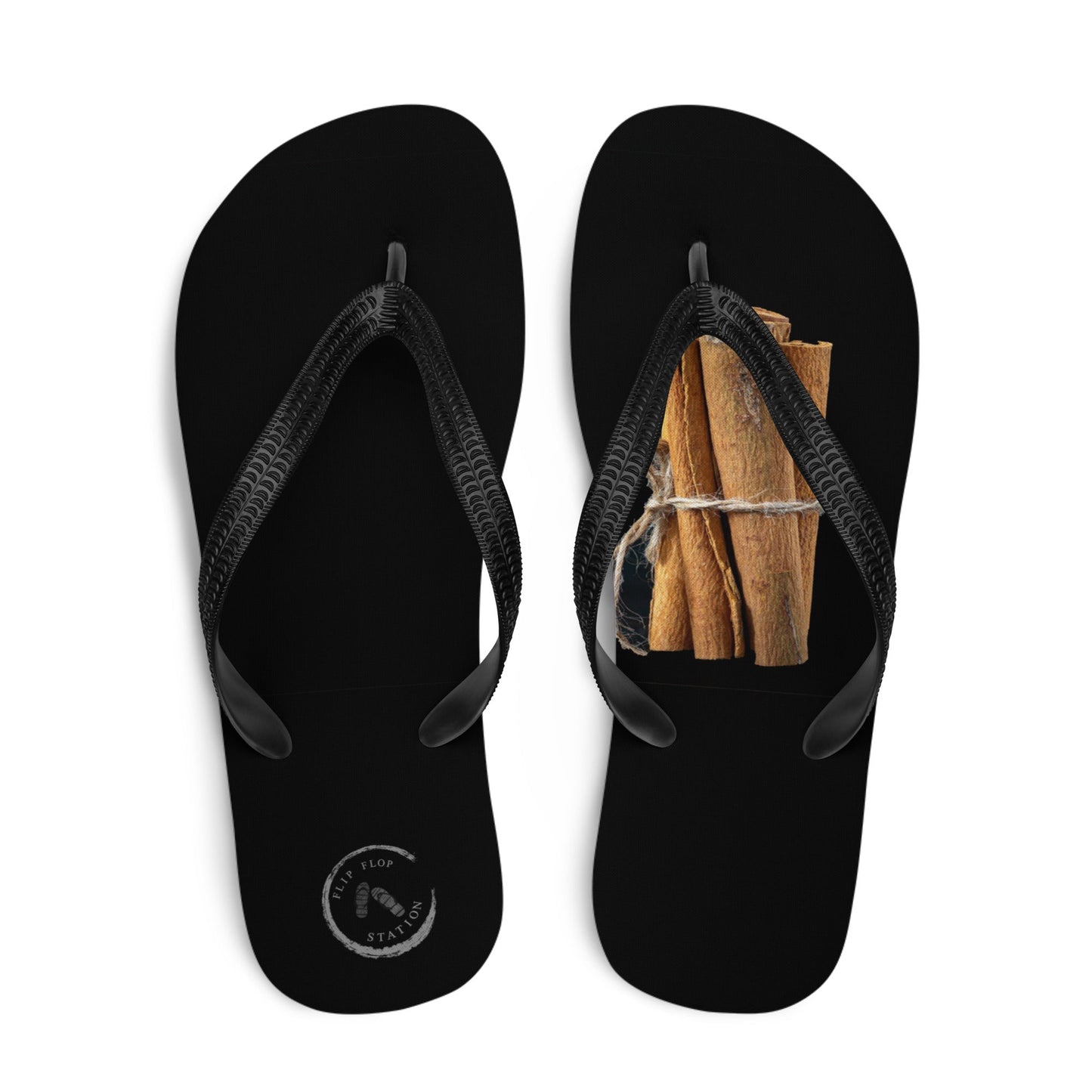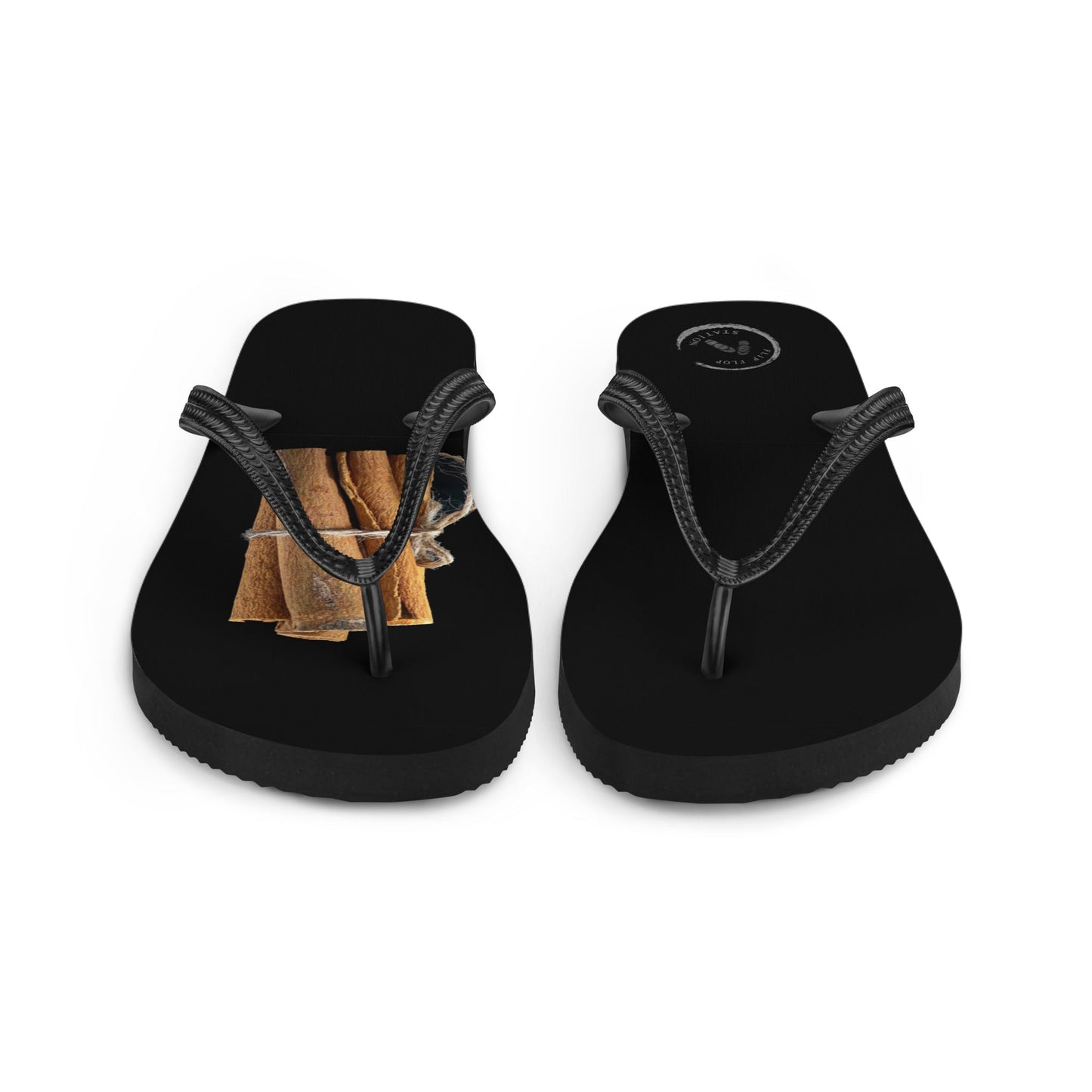






Estimated Delivery:
More information
Cinnamon is a widely cherished spice known for its distinct flavor and aromatic qualities. It has a rich history and plays a significant role in culinary traditions worldwide.
Cinnamon comes in two primary types: Ceylon Cinnamon, often called "true" cinnamon, known for its delicate sweetness, and Cassia Cinnamon, more commonly found globally, which has a spicier flavor.
In the culinary world, cinnamon is incredibly versatile. It enhances the sweetness of desserts like cinnamon rolls, apple pie, and cookies. It also adds warmth and depth to savory dishes, including curries, stews, and various Middle Eastern and Indian cuisines.
Beyond its culinary uses, cinnamon is believed to have potential health benefits due to its antioxidants and anti-inflammatory properties. It may help regulate blood sugar levels and lower cholesterol. However, moderation is key in its consumption.
Historically, cinnamon has played a prominent role. It was highly valued in ancient Egypt and even used in the embalming process. In medieval Europe, it was considered a luxury spice, trading at prices rivaling that of gold.
Cinnamon's delightful aroma is used in aromatherapy and scented products, believed to have mood-enhancing and stress-reducing effects.
In traditional medicine, cinnamon has been utilized to address various health issues, including digestive problems and respiratory ailments. It has been a natural remedy for colds and the flu.
Cinnamon is available in two forms: ground and sticks. Ground cinnamon is ideal for cooking and baking, while cinnamon sticks are used for infusing flavors in hot beverages like tea and mulled wine.
In sum, cinnamon is a beloved spice that elevates the flavor of both sweet and savory dishes. Its complex flavor profile, along with its cultural and historical significance, makes it a cherished ingredient in culinary traditions worldwide. Whether sprinkled on your morning oatmeal or incorporated into a rich, savory curry, cinnamon brings a touch of warmth and comfort to your meals.
Cinnamon comes in two primary types: Ceylon Cinnamon, often called "true" cinnamon, known for its delicate sweetness, and Cassia Cinnamon, more commonly found globally, which has a spicier flavor.
In the culinary world, cinnamon is incredibly versatile. It enhances the sweetness of desserts like cinnamon rolls, apple pie, and cookies. It also adds warmth and depth to savory dishes, including curries, stews, and various Middle Eastern and Indian cuisines.
Beyond its culinary uses, cinnamon is believed to have potential health benefits due to its antioxidants and anti-inflammatory properties. It may help regulate blood sugar levels and lower cholesterol. However, moderation is key in its consumption.
Historically, cinnamon has played a prominent role. It was highly valued in ancient Egypt and even used in the embalming process. In medieval Europe, it was considered a luxury spice, trading at prices rivaling that of gold.
Cinnamon's delightful aroma is used in aromatherapy and scented products, believed to have mood-enhancing and stress-reducing effects.
In traditional medicine, cinnamon has been utilized to address various health issues, including digestive problems and respiratory ailments. It has been a natural remedy for colds and the flu.
Cinnamon is available in two forms: ground and sticks. Ground cinnamon is ideal for cooking and baking, while cinnamon sticks are used for infusing flavors in hot beverages like tea and mulled wine.
In sum, cinnamon is a beloved spice that elevates the flavor of both sweet and savory dishes. Its complex flavor profile, along with its cultural and historical significance, makes it a cherished ingredient in culinary traditions worldwide. Whether sprinkled on your morning oatmeal or incorporated into a rich, savory curry, cinnamon brings a touch of warmth and comfort to your meals.









